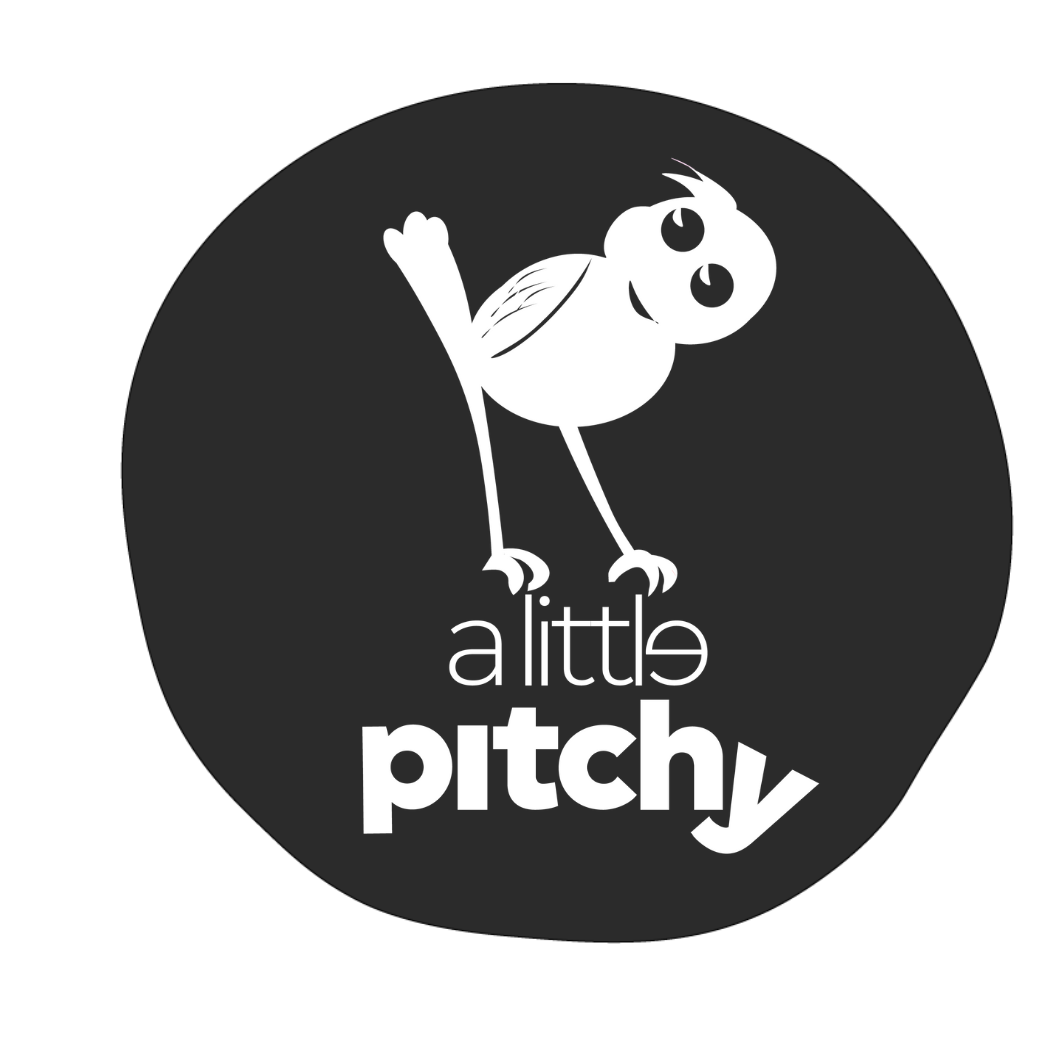The Superannuation Contradiction
“Three laws say three different things. Which one is right?”
Right now, Australia’s live music industry is caught in a legal trap. At the centre is section 12(8) of the Superannuation Guarantee (Administration) Act 1992 (SGAA) — the so-called “entertainers clause.”
On its face, s 12(8) appears simple: anyone paid to perform or present music, entertainment or sport is an “employee” of the person making the payment, for super purposes.
But here’s the problem: this section contradicts itself, other laws, and the reality of the music business.
The Vital Contradictions
1. Common Law vs Deemed Law
The High Court (Jamsek, Personnel Contracting, 2022) and the ATO’s own ruling TR 2023/4 make clear: employee status depends on the written contract.
If someone contracts under an ABN, supplies their own gear, insurance, branding, governs the ebb and flow of audience set times and is paid for a result, they are a contractor — not an employee.
Yet s 12(8) overrides this by automatically deeming all performers employees.
Contradiction: PAYG law and High Court say “contractor”; SGAA says “employee.”
2. Producer Shows vs Self-Producing Musicians
S 12(8) was drafted in the early 1990s with Producer-driven shows in mind: musicals, orchestras, theatre productions. In those cases, a Producer controls the schedule, branding, insurance and production, and performers are genuine employees.
But the wording is so broad it sweeps in pub bands, DJs and wedding performers who are effectively their own Producers — running their own brands, insurance and production.
Contradiction: The original intent vs the broad sweep of the current wording.
3. Federal Super Law vs State Agent Law
SGAA s 12(8) implies that the “payer” (often the booking agent) could be deemed the employer.
But under the Private Employment Agents Act 2005 (Qld), agents are explicitly not labour hire and cannot be employers.
Contradiction: Federal law says “agents must be employers”; state law says “agents must not.”
4. Venues as Employers vs Customers
If a venue is the “employer,” then pubs and clubs must run payroll for dozens of different acts a month, each with different super funds. That exposes them to PAYG, workers comp, payroll tax, and unfair dismissal risks.
In reality, venues are customers buying services, not employers running rosters.
Contradiction: The law treats venues like employers when they are actually clients.
5. Bands and Group Acts
S 12(8) provides no mechanism for bands with multiple members.
Some venues pay all super into one member’s account and expect redistribution — which breaches tax law and creates compliance chaos.
Contradiction: The law requires contributions but provides no workable structure for group acts.
6. Purpose of Super vs Outcome for Musicians
Superannuation is meant to protect workers in dependent employment relationships.
Self-producing musicians are independent entrepreneurs. Forcing them into “employee” status strips them of independence and adds costs that threaten their survival.
Contradiction: The law undermines the very businesses it was never designed to regulate.
Why the Panic Now
The law hasn’t changed this year. But:
The ATO released TR 2023/4 in December 2023, reaffirming employee tests.
Super rates rose to 11% in 2023, 11.5% in 2024, 12% in 2025.
The ATO has been cracking down on underpayment in other industries.
Accountants, spooked, told venues and agents to “play it safe.”
This has created panic compliance without clarity. No one has clear direction.
Why Killing Live Music Costs Australia More
If venues stop booking, agents shut down and musicians leave, Australia pays dearly.
$3.1 billion ticketed live performance revenue in 2023.
30.1 million tickets sold.
$2.82 billion GDP contribution.
$975 million music exports.
Tens of thousands of jobs supported.
For every $1 on a ticket, $3 flows into the local economy.
Without live music, we lose billions in tax, tourism, jobs and community wellbeing.
Real-World Voices
The Pub Owner:
“We can’t run a payroll office for bands that play once a month. If this sticks, we’ll stop booking live music and just put on a jukebox.”
The Booking Agent:
“If I’m forced into the employer role, I’ll have to shut down. I can’t legally operate both ways.”
The Musician:
“We run ABNs, own our gear, carry insurance, and produce our shows. We’re not employees. But we’re stuck in a system that doesn’t fit.”
The Call to Action
The ATO must clarify:
Section 12(8) was written for Producer-driven shows, not self-producing musicians.
Agents cannot legally be employers under state law.
Venues should not be forced into payroll roles.
Musicians must be recognised as independent contractors producing their own shows.
Because if this contradiction isn’t resolved, the Australian economy could lose far more than it collects.
Footnote: Several agencies including Pushworth are awaiting an official ATO ruling. Watch this space!
Written by Nichola Burton. I work in partnership with Agents, Artist Managers and Event Producers, who juggle a diverse range of relationships in the Musoverse, to curate, manage and measure data in systems, experience, creative and content to support the entire Musoverse operation in my enterprise A Little Pitchy Copyright 2025



